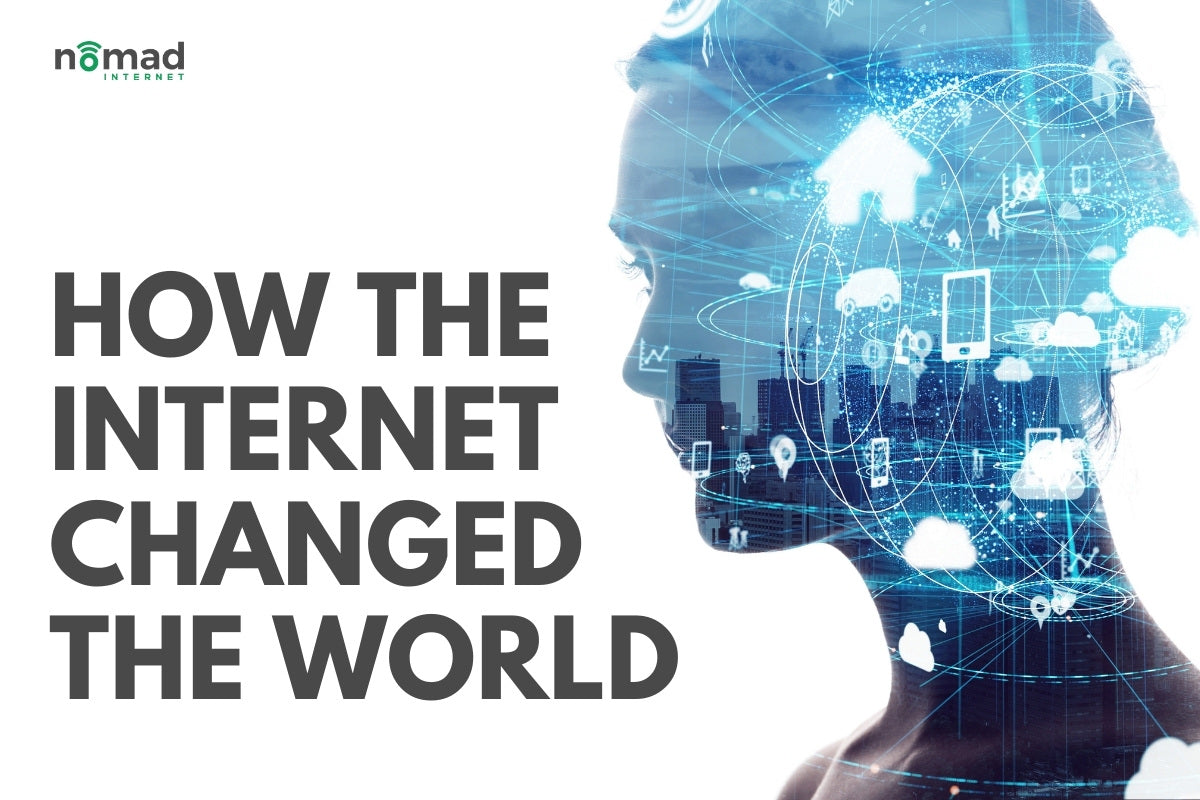
The rapid development of the Internet has been phenomenal in defining the direction the world is headed. Technology has resulted in essential changes in our everyday lives. Whether you want to order pizza or revamp your romantic life, the Internet is always involved at some point in the entire process. It influences how we communicate, how we learn, and even the functioning of our brains.
Have you ever sat down wondering how transformative the Internet has been? Let’s take some time to find that out:
1. Shopping
The traditional approach to shopping was that you would have to leave your home and locate a store near you to pick the desired items. The emergence of the Internet quickly changed that assumption. Today, it is possible to purchase anything you need from the comfort of your house.
The success of e-commerce giants like eBay, Amazon, and other online market platforms has almost ruled out physical stores. With online shopping, customers have more control over pricing factors. They can quickly perform price comparisons across stores and pick a product of their choice. This is a disruption that has forced most retail stores to re-invent how they interact with their customers. Any retail store that cares about its future has had to get an e-commerce site.
2. Communication
Do you remember the last time you had to write a letter or even for some, make a phone call? The Internet has proven revolutionary to our communications. It has made the world a global village as we get to send messages across continents in seconds.
The revolutionary impact of the Internet in communication started with Forums and Chat Rooms that people embraced with enthusiasm. Little did they know that more was to follow as social networks and online communities took root.
Even though face-to-face communication still holds relevance, the Internet has found a way around that through video calls. Increased communication has helped establish networking with people that would have never been possible.
3. Traveling
The Internet has affected traveling in two ways – (1) how we book for our destinations, and (2) whether we need to travel for discovery. Thanks to the Internet, travel agencies have build apps that let their customers book flights to any location from their smartphones. Furthermore, planning for the same has become simpler than ever. There are dozens of websites and mobile apps that share helpful information for preparation purposes.
You can tour almost any place on Earth without leaving your home, thanks to the Internet. TripAdvisor, Google Maps, and similar platforms let you view what other sites look like without having to be there physically. And if you feel the need for physical touch, virtual reality with 3D animation helps create that perception.
4. Handling financial matters
Sometimes back, you had to go to the bank to conduct most of your financial operations. However, the dawn of online banking changed all of that. Traditional financial institutions have been thrust on a catching up effort to use the Internet to benefit their customers. This technological development has brought about the need to foster retail banking for enhanced customer experience.
